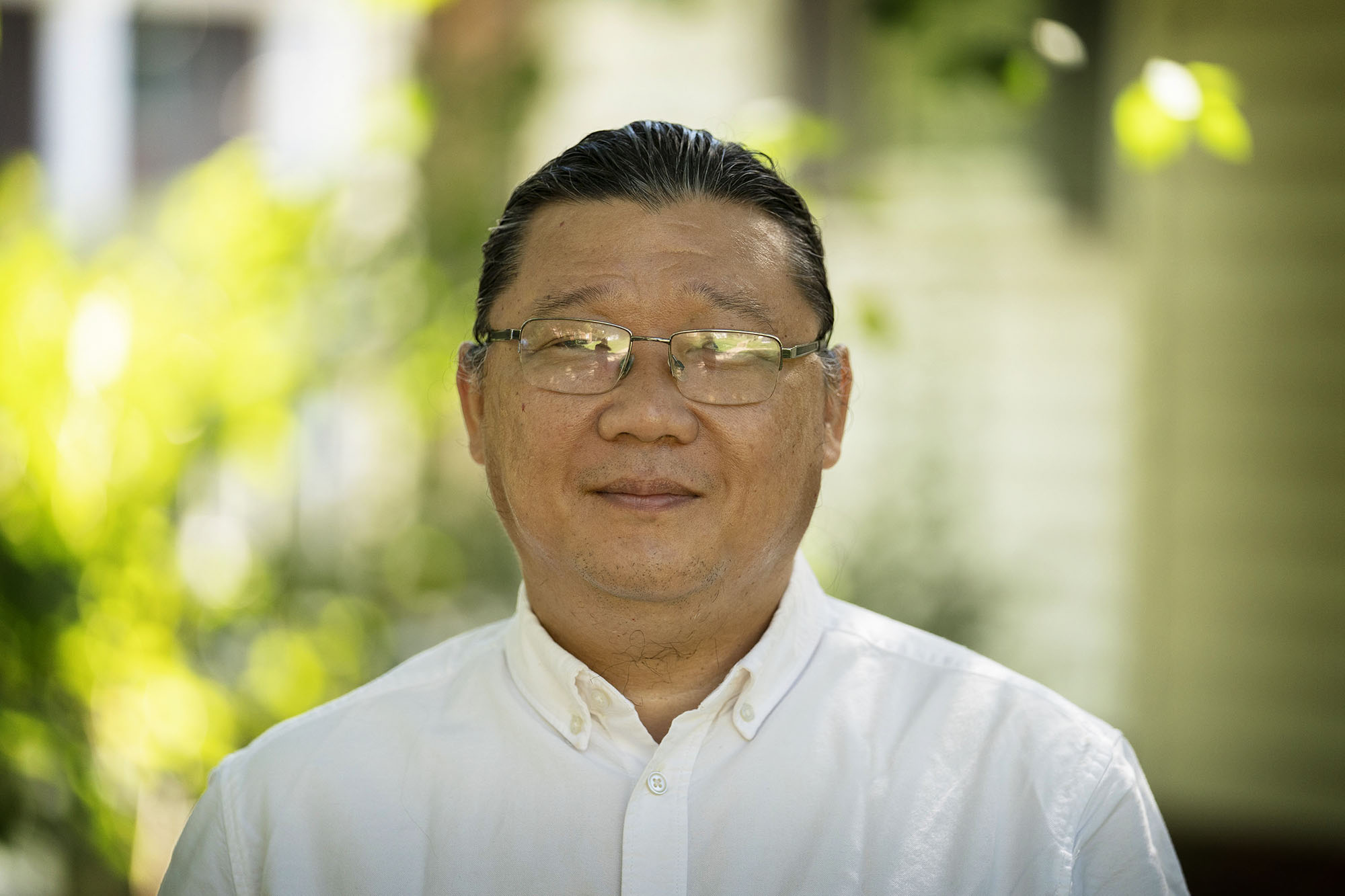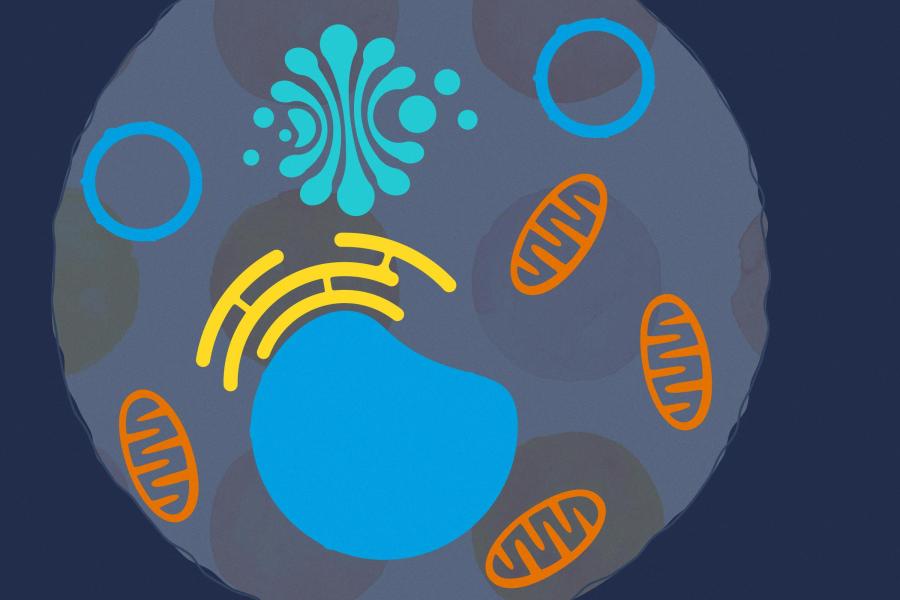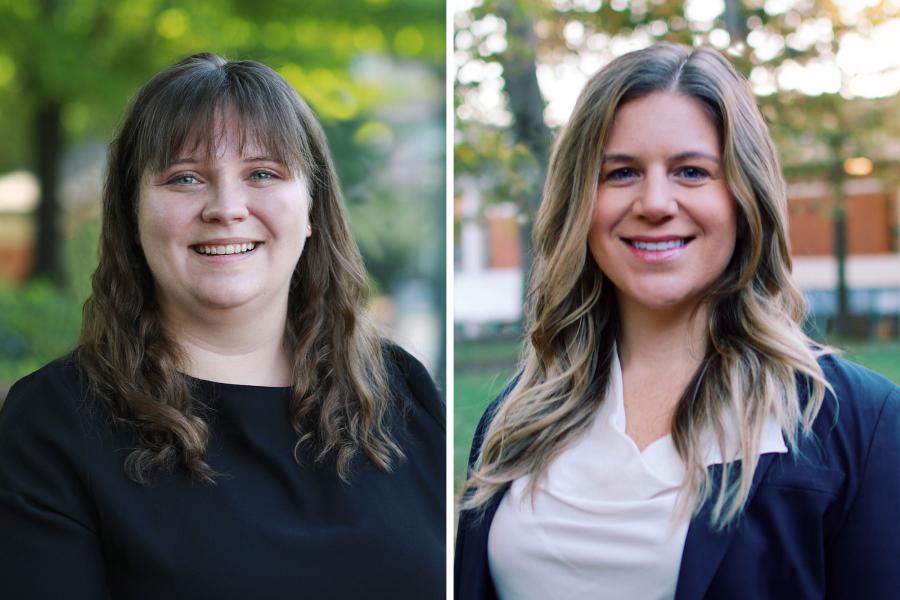In August, Myo Yan Naung Thein was looking forward to the start of classes at the University of Virginia and the opportunity to share his story and his hopes for his home country, Myanmar, through UVA’s Democracy Initiative.
Six months earlier, in February, Thein’s life looked quite different – and was very much in danger.
Myanmar’s military leaders seized control of the country on Feb. 1, capturing the its elected leader, Aung San Suu Kyi, of the National League for Democracy party, or NLD. Soldiers immediately began searching for other party leaders, including Thein, who has for decades fought for democracy in Myanmar (also known as Burma).
Thein is no stranger to persecution; he spent more than 10 years in prison as Myanmar seesawed between democratic and military rule. Still, he knew his life was in danger and that he could not help his country from a prison cell.
A Tense Escape
Soldiers surrounded Thein’s home soon after the coup, but he was away, having just attended his mother’s funeral. He went into hiding and began orchestrating protests even as he kept moving, staying one step ahead of those who sought to arrest him.
Thein eventually made contact with several groups, including the Free Burma Rangers, a humanitarian organization that works with pro-democracy groups in Myanmar, Iraq and Sudan. That group, with assistance from other supporters, staged a rescue operation, moving Thein and his wife from Myanmar’s former capital and largest city, Yangon, to the border and eventually smuggling him out the country.
It was a harrowing journey, Thein said, and the group was stopped at several checkpoints before and on the border with Thailand.
“I had changed my face and my wife had changed her face, so they did not notice us,” Thein said. “They let us go and we slept in the forest.”
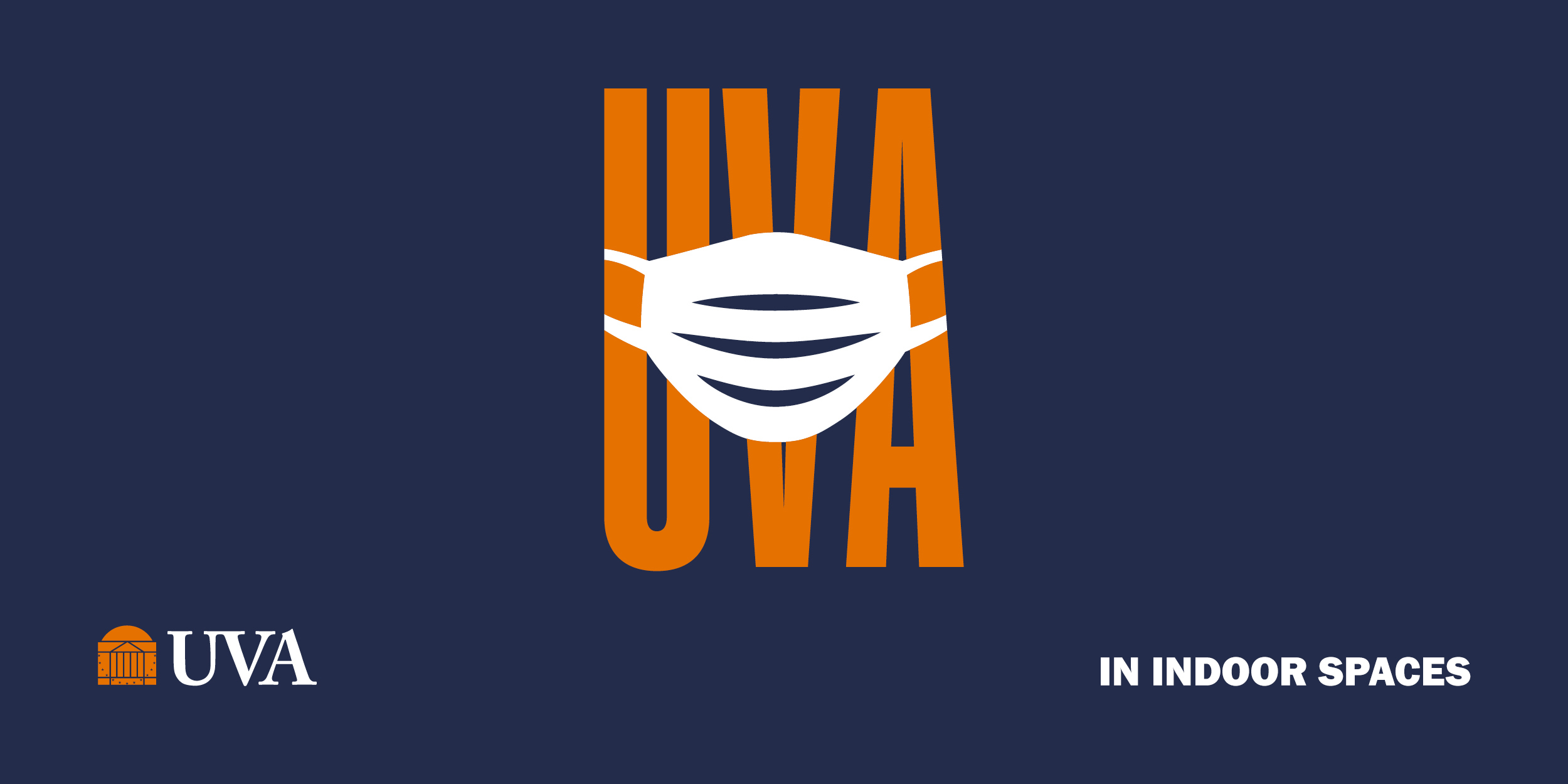
At one point, soldiers again spotted the car they had been using and soon interrogated Thein and his wife again. Thein, still in disguise, told them that he was a merchant passing through from China, and the couple were once again allowed to leave. They crossed the border into Thailand and gathered with fellow insurgents, still working to aid those fighting military rule in Myanmar.
Still, they were not safe. Thein soon received threats, including confirmed intelligence that the military had sent agents and assassins after him. It was time to flee, again, this time to the United States.
The U.S. Embassy in Thailand helped Thein and his wife get emergency visas, and they were able to board a flight to America, carrying little more than the clothes on their backs and with no particular destination in mind.
That is where UVA came in.
Refuge on Grounds
Scholars in UVA’s Democracy Initiative, which studies challenges to democracy at home and abroad, had been keeping a close eye on events in Myanmar and soon heard of Thein’s plight.
Derek Brown is co-director of the Peace Appeal Foundation, which was helping Thein, and in the past had worked with the Humanitarian Collaborative Initiative at UVA’s Frank Batten School of Leadership and Public Policy. He began contacting faculty members to see if UVA could offer Thein any support.
“To a person, everyone wanted to figure this out,” said Stephen Parks, an associate professor of English who focuses on the role of public writing and rhetoric in supporting democratic struggles, particularly in the Middle East and South Asia. Parks has worked with human rights activists in those regions, building partnerships through writing and scholarship, and he chairs the Democracy Initiative’s Democratic Futures Working Group.
He quickly realized that UVA could provide the immediate support Thein required. As importantly, he also knew that Thein could give UVA students and faculty invaluable insight into events in Myanmar, and help students viscerally understand the hopes and fears that come with fighting for democracy.
“If we are going to study democracy, we need to see democracy as interlinked, connected to events playing out around the world,” Park said. “We immediately knew that having Myo Yan Naung Thein would be a really unique opportunity. We had so much respect for the knowledge and insights he could share. And I think we wanted to be scholars who use our resources to support those actually working for democracy.”
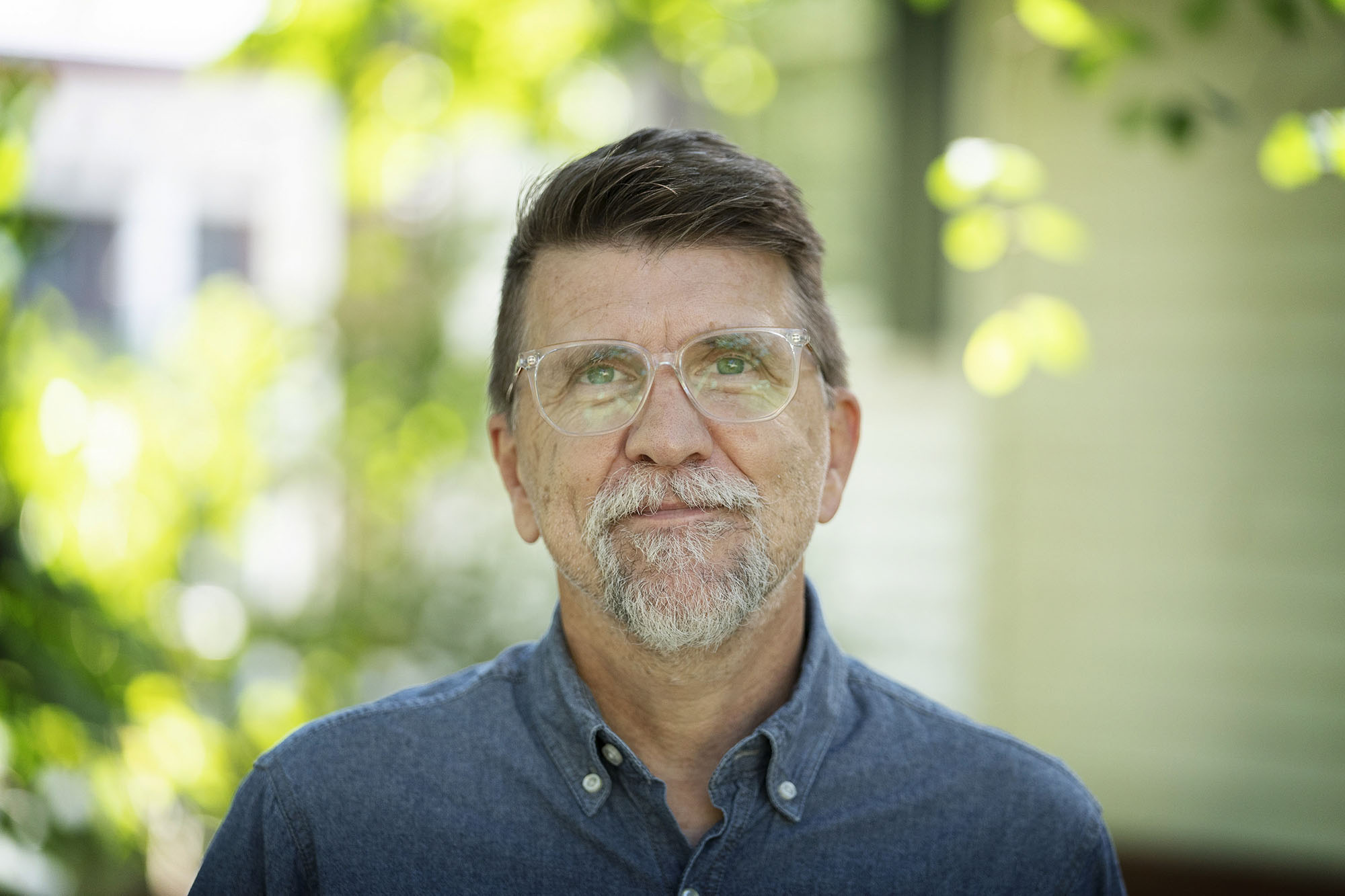
Associate Professor of English Stephen Parks is among those who helped Thein come to UVA. (Photo by Dan Addison, University Communications)
Working with Vice Provost for Global Affairs Stephen Mull, Democracy Initiative Co-Director Laurent Dubois, and English Department Chair John O’Brien, Parks was able to secure Thein a position as a visiting researcher in the Department of English, and to arrange housing for Thein and his wife.
“I’ve been at three other institutions where administrators would not even answer the phone for such a request,” Parks said. “But John, Steve and Laurent immediately understood the very direct role UVA could play in supporting democratic advocates. They immediately stepped up.”
